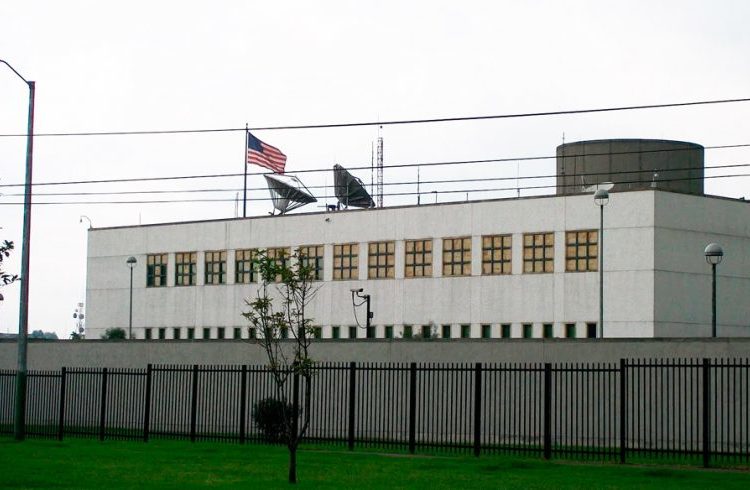Cubans who want to apply for an immigrant visa to the United States must do so in the embassy of that country in Bogotá, after Washington drastically reduced its legation in Havana because of the “attacks” suffered by its personnel in Cuba.
Sources from the U.S. embassy in Havana confirmed to EFE news agency that in the near future it will start transferring to its mission in Colombia the immigrant visa applications that are currently being processed, as well as programming interviews for the application of immigrant visas by Cuban citizens.
“The U.S. Department of State has designated the U.S. Embassy in Bogota, Colombia to process immigrant visas for residents of Cuba. At this time, we are determining when we can begin scheduling Cuban applicants for interviews at Embassy Bogota,” reported a note from the diplomatic representation in Havana.
“If NVC has not scheduled your case at Embassy Havana, they will schedule your visa interview at Embassy Bogota,” it specifies. NVC will send to the applicant, the petitioner, and the agent/attorney (in the case of minors or handicapped persons) a letter noting the interview location, date and time. The update status of each case can be followed through the Ask NVC online.
For those who have already been interviewed in Havana as well as for those who have not, it was notified that they will be “contacted with further instructions in the future.”
This decision puts an end to the uncertainty caused by the reduction of the U.S. embassy’s consular services in Havana and which left half-finished the processes of thousands of Cubans who had applied for an immigrant visa.
Non-immigrants visas
Cuban applicants can present their non-immigrant visa application in a U.S. embassy or consulate different than that of Havana.
The interviews for non-immigrant visa applications in the U.S. embassy in Havana will be available only for diplomatic or official visa applicants, or if it is a person whose health condition is life-endangering and requires medical treatment in the United States.
In this last case, a letter from a physician or medical institution in the United States is required expressing the disposition to treat the specific disease and that specifies the estimated duration and cost of the treatment (including hospitalization fees and all the associated medical expenses), the embassy reported.
EFE / OnCuba










